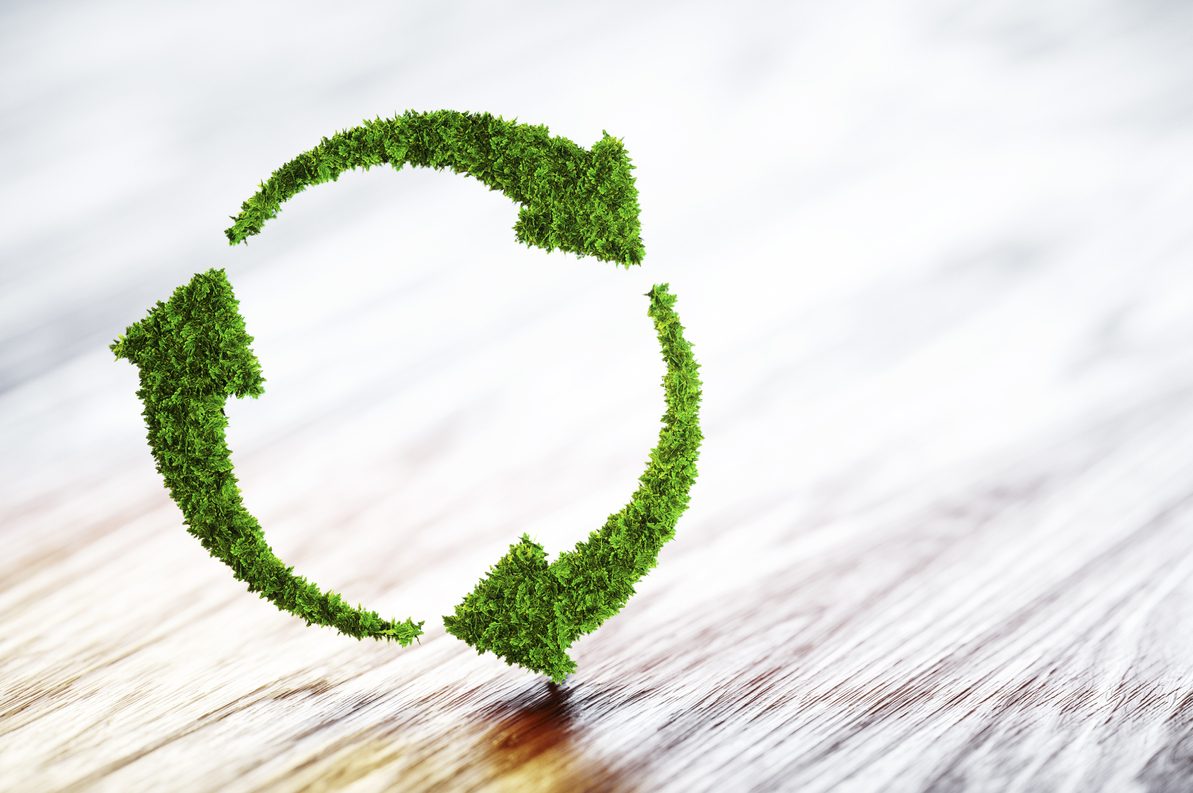Research center at the University of Birmingham aims to facilitate the transition to a circular economy and make critical material usage more efficient.
The United Kingdom wants to make industrial production more sustainable and circular with the help of robots, intelligent automation, and artificial intelligence. In this regard, a research center will be set up at the University of Birmingham. It will receive roughly $44 million in funding over the next seven years. $14 million will come from government funding, with the remainder being provided by partners from research and public administration.
The project aims to use critical resources such as rare earths more efficiently and improve so-called Re-X manufacturing processes such as reuse, repair, remanufacturing, and recycling. According to the press release, these are currently much more labor-intensive than conventional manufacturing, which is why many materials end up in landfills or are disposed of elsewhere instead of being put to a new use. However, companies could save up to around $29 billion per year already today through cost-effective or cost-neutral optimizations in this area.
While the environmental impact of global material consumption is set to double over the next forty years, the annual volume of waste is expected to increase by 70 percent by 2050. What is needed are “radical new approaches to manufacturing” and a move away from manufacturing new products and disposing of them at the “end of life,” said Professor Samia Nefti-Meziani, Director of the leading Birmingham Robotics Institute. The research team will initially focus on a few areas: energy, medical devices, and electric drives.
Given the growing demand for critical materials, the UK is working more intensively on expanding the circular economy, mainly focusing on rare earths. The University of Birmingham is already involved in these efforts.
Read more: A research project in the United States is also testing automation and robot-assisted production to make work processes more cost-effective and safer in manufacturing wind turbines. Meanwhile, a United Nations report shows how many valuable raw materials are lost yearly instead of recycled.
Photo: iStock/Petmal


